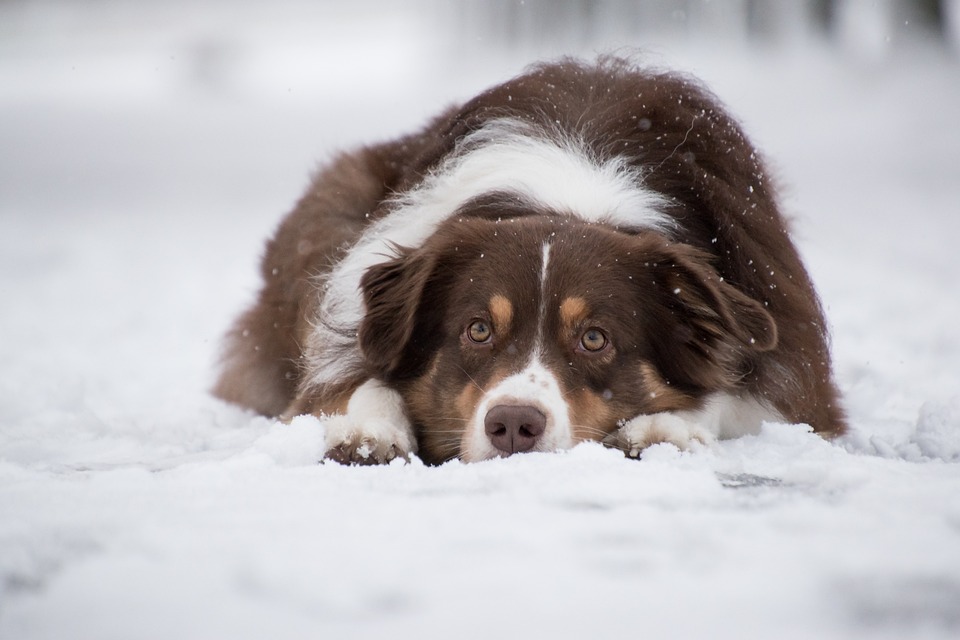Taking care of our senior dogs is of utmost importance to ensure their health and happiness. As our furry friends age, their needs change, and it is crucial for pet owners to be aware of these changes in order to provide the best possible care. In this article, we will discuss the importance of senior dog care and provide valuable tips to keep your older pup healthy and happy.
Firstly, it is important to understand the aging process that our dogs go through. Just like humans, dogs experience physical and mental changes as they age. Some common signs of aging in dogs include decreased energy levels, weight gain or loss, changes in appetite, graying of fur, vision or hearing deterioration, and joint stiffness. By understanding these changes, you can adapt your dog’s care routine accordingly.
Proper nutrition plays a critical role in the overall health and well-being of senior dogs. As dogs age, their metabolism slows down, and they may require fewer calories to maintain a healthy weight. It is important to provide them with a balanced diet that suits their specific needs. Consult with your veterinarian to determine the appropriate diet for your senior dog, taking into account factors such as breed, size, weight, and any medical conditions they may have. Additionally, consider switching to a high-quality senior dog food that is formulated to support their aging bodies.
Regular veterinary check-ups are essential for senior dogs to monitor their health and catch any potential issues early on. As dogs age, they become more susceptible to various medical conditions such as arthritis, dental disease, heart problems, and cancer. By scheduling regular check-ups, your veterinarian can detect any signs of illness or disease and recommend appropriate treatment. These visits also provide an opportunity to discuss any changes or concerns you may have about your senior dog’s health.
While senior dogs may not have the same energy levels as their younger counterparts, regular exercise and mental stimulation are still important for their overall well-being. Tailor your dog’s exercise routine to their abilities and limitations. Shorter, more frequent walks, swimming, gentle play sessions, and puzzle toys can help keep them physically and mentally active. Engaging in these activities can also help prevent weight gain, maintain muscle tone, and improve joint mobility.
Dental care is often overlooked but is crucial for senior dogs. Dental disease can lead to pain, difficulty eating, and even more serious health issues such as heart disease. Establish a regular dental care routine that includes brushing your dog’s teeth, providing dental chews or treats, and scheduling professional dental cleanings when necessary. Your veterinarian can guide you on the best dental care practices for your senior pup.
To address some frequently asked questions:
1. How do I know if my dog is considered a senior?
– Generally, dogs are considered seniors around the age of 7-10 years, depending on their breed and size. However, larger breeds tend to age faster and may be considered seniors as early as 5-6 years.
2. Should I switch my senior dog to a different type of food?
– Yes, it is recommended to switch to a high-quality senior dog food that is specifically formulated to meet the nutritional needs of aging dogs. Consult with your veterinarian to determine the best diet for your senior pup.
3. What are some signs of pain or discomfort in senior dogs?
– Signs of pain or discomfort in senior dogs may include limping, difficulty getting up or lying down, reluctance to climb stairs or jump, decreased appetite, changes in behavior, excessive panting, and restlessness. If you notice any of these signs, consult your veterinarian for a proper diagnosis and treatment plan.
4. Is it necessary to continue vaccinating my senior dog?
– Yes, regular vaccinations are still important for senior dogs to protect them against diseases. However, the frequency and types of vaccinations may change based on your dog’s age, lifestyle, and overall health. Consult with your veterinarian to determine the appropriate vaccination schedule for your senior pup.
5. Are there any supplements that can benefit my senior dog’s health?
– There are several supplements available that can support the health of senior dogs, such as joint supplements containing glucosamine and chondroitin, omega-3 fatty acids for joint and coat health, and supplements for cognitive support. However, it is important to consult with your veterinarian before adding any supplements to your dog’s diet to ensure they are safe and appropriate for your senior pup.
By understanding and implementing the tips mentioned above, you can provide the best care for your senior dog, ensuring their health and happiness during their golden years. Remember, senior dogs have given us years of love and companionship, and it is our responsibility to give them the care they deserve.









